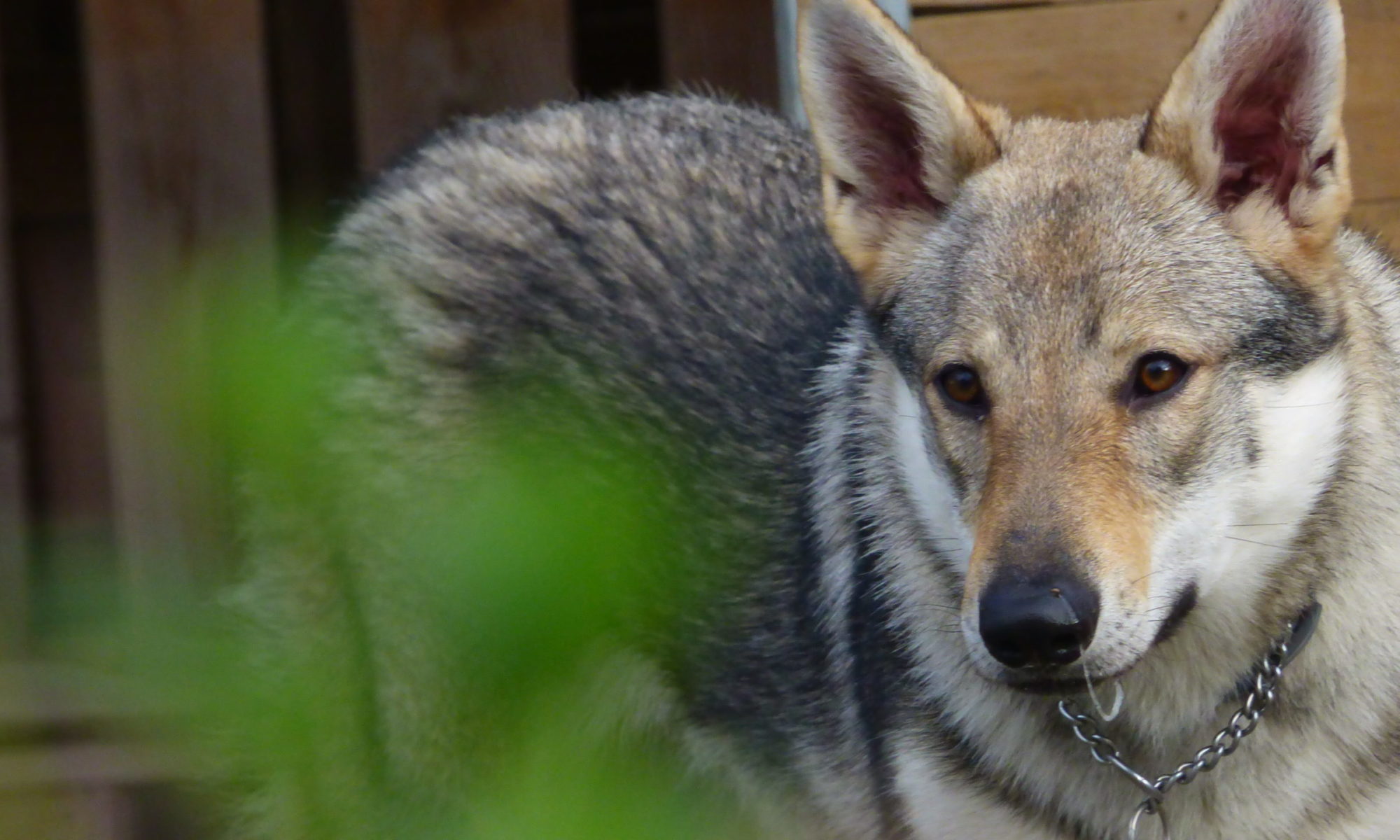Laurent Groussin, certified educator and state graduate, will accompany you through education sessions without subscription.
So that the dog is appreciated in society, by the vet, the neighbours etc… and nice with children.
Dogs are brilliant students who rely on us for their education. Education helps to strengthen the relationship between you and your dog.
All the basic commands (“Heel, “Sit”, “Stay”, “No”, “Down”, “No touching” will make him an exemplary canine citizen. Well-trained dogs will have an easier and less stressful life than their untrained counterparts.
Puppies are enthusiastic students, so as soon as the newcomer arrives at your home, it’s time to start training him.
The claim that puppies must be at least six months old before they can be properly trained is false. The sooner they can go out and walk around, the younger they are, the easier it will be to train them and the faster they will learn! Puppies are like sponges, waiting to absorb everything you teach them.
Education is useful for :
- His safety: there are some basic commands that seem indispensable for the dog’s safety such as the recall or the “no touching”… Indeed, teaching your dog to go back to the recall to avoid accidents in urban areas, or to avoid a conflict between congeners seems rather judicious. In the same way, with the order “do not touch” to prevent him from eating anything that falls under his nose…
- His relationship: to educate him you have to spend time with him! If you use the right methods. The moments you spend with your dog will be privileged and pleasant moments. Therefore, don’t do a training session if you feel that your dog is not receptive, or that you are too tired. It should be a fun, rewarding time for your dog. Nor should it last too long, depending on your pet’s physical and mental capacities, be alert to his state of fatigue. Prefer short, structured but regular sessions rather than endless sessions once a month… Education means learning to communicate clearly with your dog, so that he learns what you expect of him. It also contributes to a harmonious relationship within the household.
- Physical and mental exertion: your dog needs to be physically exercised and mentally stimulated. Indeed, to learn commands, your dog will need to use his cognitive abilities to associate your request with the behaviour you expect. And at the same time, if the learning you’re proposing is only walking on a leash, for example, you may have to walk miles together before the learning is satisfying.
Dogs love to work and are crazy about fun when they feel it’s time. It’s a time when they feel their master close to them, and they’ll do anything to make him happy. Of course, it strengthens the bond.
The key words of my working method are:
ANTICIPATION – HEAD- PATIENCE – COHERENCE – PERSISTENCE – REWARDS and above all EMPATHY.
